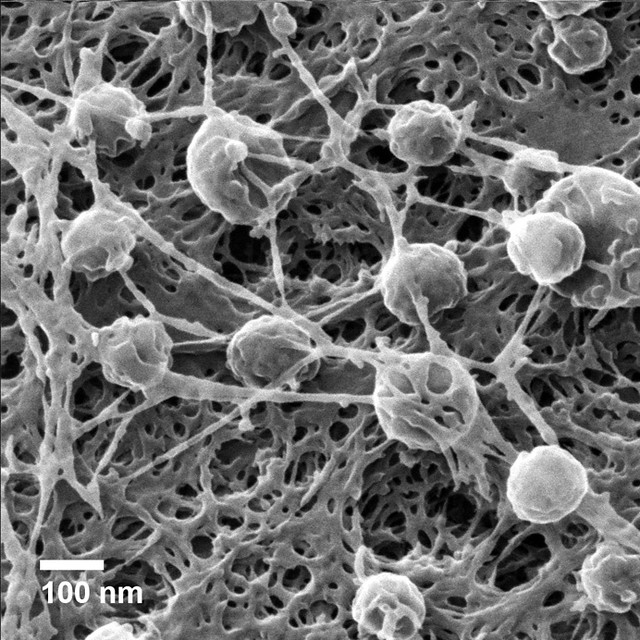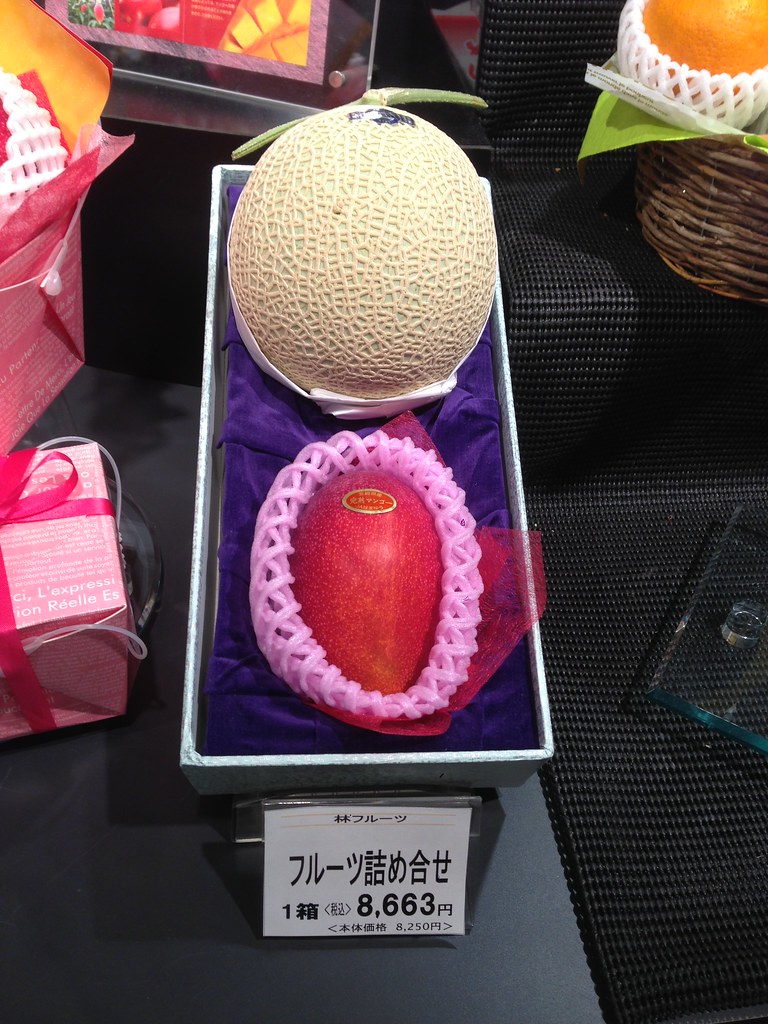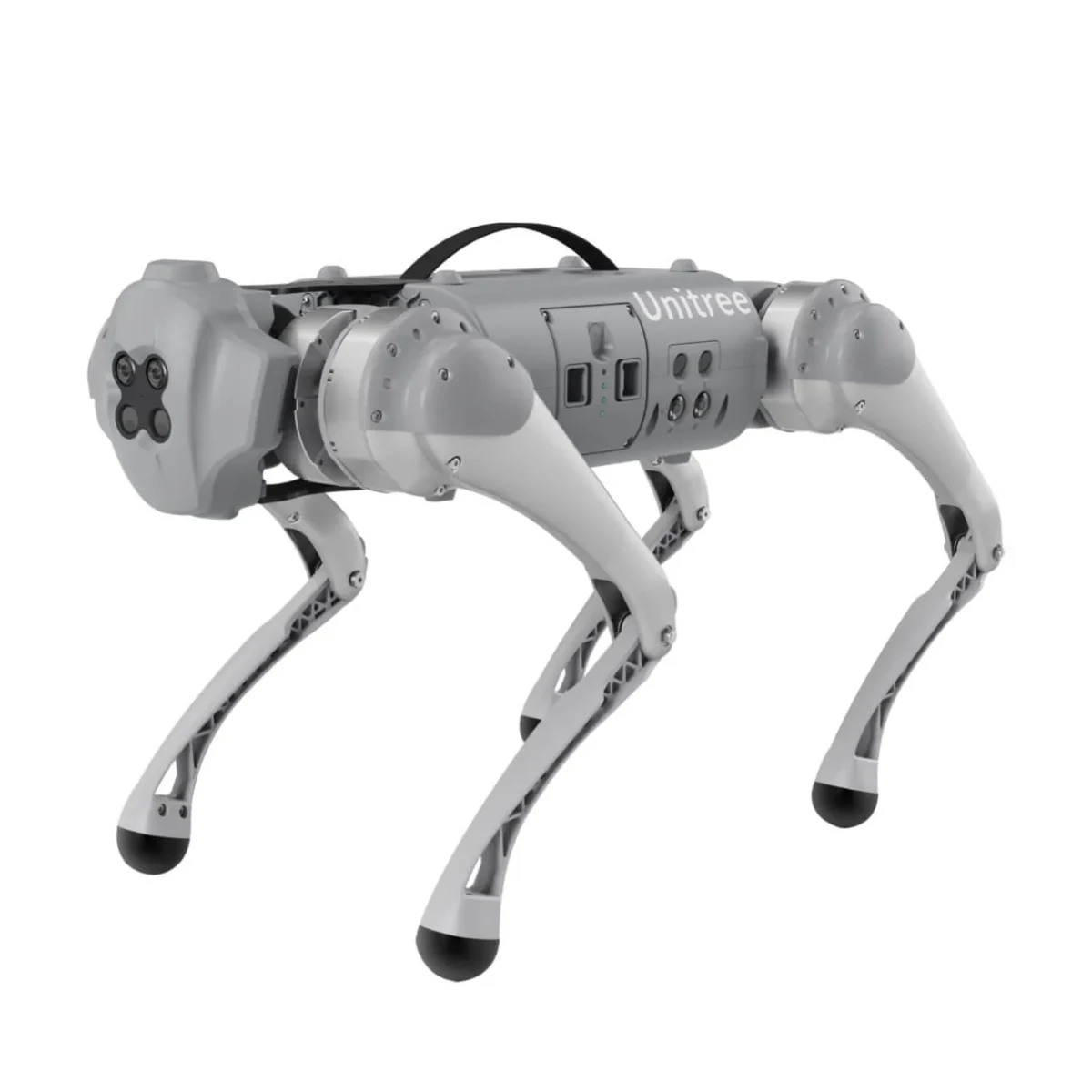Cells And Their Roles In The Immune System
Despite the immune system’s complexity, we can readily learn about it when it is simplified for better comprehension.
“Helium Ion Microscopy (HIM) of a Cell body exposed to a virus” by ZEISS Microscopy is licensed under CC BY-NC-ND 2.0.
The Immune System
What is the immune system? Your body’s immune system defends it from external intruders. Toxins and bacteria, viruses, and other types of germs are among them. Different organs, cells, and proteins that make up the immune system collaborate to keep you safe. The immune system has a lot to teach us, and cells are probably the most fascinating aspect. There are two main immune systems: the innate, and the adaptive.
The innate system is ready as soon as you are born. It is composed of the skin, the cornea of the eye, and the mucous membrane that covers the digestive, respiratory, and genitourinary systems. To secure your body, these all help to form physical barriers. The innate system consists of phagocytes (macrophages and neutrophils), dendritic cells, mast cells, basophils, eosinophils, natural killer (NK) cells, and innate lymphoid cells.
The adaptive system is activated when your innate system cannot protect you. Its ultimate purpose is to destroy pathogens, and consists of B and T cells. Your acquired immune system evolves over time. Your immune system is trained by vaccinations to produce antibodies that will shield them from hazardous infections.
Phagocytes can engulf other cells and decompose them. Dendritic cells contain antigens. Antigens are foreign substances that induce an immune response in the body, specifically the production of antibodies. Most cells control your immune system’s responses, like basophils. They defend your body from allergens, pathogens, and parasites. Eosinophils also control how your system responds and target responding to certain infections. Natural killers destroy infected cells. Lymphoid cells are a type of immune cell made in the bone marrow and found in the blood and lymph tissue.
RELATED STORIES:
https://www.ncbi.nlm.nih.gov/books/NBK26846/
https://www.betterhealth.vic.gov.au/health/conditionsandtreatments/immune-system
https://www.hopkinsmedicine.org/health/conditions-and-diseases/the-immune-
system#:~:text=What%20is%20the%20immune%20system,and%20proteins%20that%20work%20together.
https://my.clevelandclinic.org/health/articles/21196-immune-system















